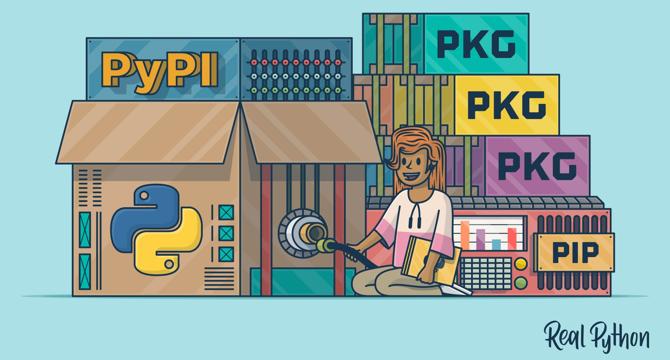RealPython
2w
117

Image Credit: RealPython
Using Python's pip to Manage Your Projects' Dependencies
- pip is a package manager for Python, used to install and manage libraries that aren’t part of the Python standard library.
- pip stands for “pip installs packages”, indicating its primary function.
- You use pip to manage dependencies and install packages from the Python Package Index (PyPI).
- You can do a lot with pip, but the Python community is very active and has created some neat alternatives to pip.
- The Python installer gives you the option to install pip when installing Python on your system.
- On some Linux (Unix) systems like Ubuntu, pip comes in a separate package called python3-pip, which you need to install with sudo apt install python3-pip.
- You can verify that pip is available by looking for the pip3 executable on your system.
- Instead of running your system pip directly, you can also run it as a Python module.
- Running pip as a module you can ensure that your system default Python version runs the pip command.
- Use requirements files to manage projects’ dependencies.
Read Full Article
7 Likes
For uninterrupted reading, download the app